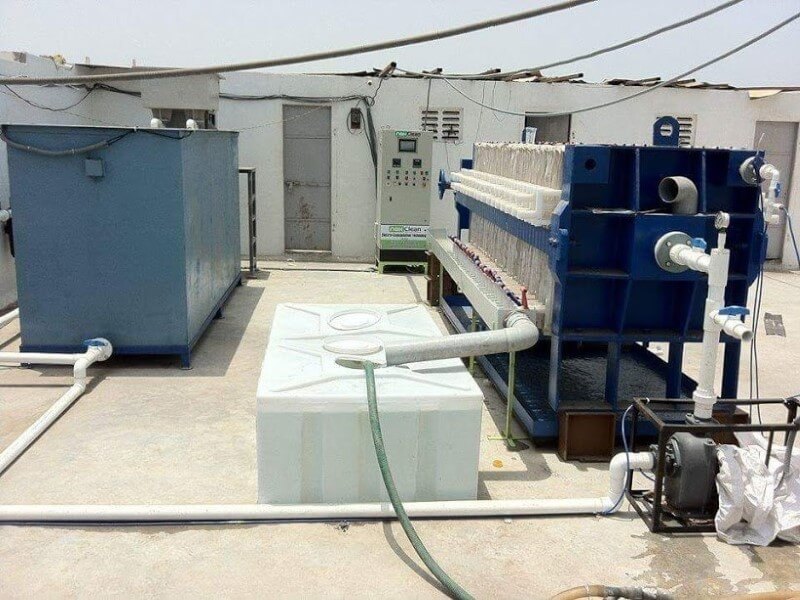
ELECTRO COAGULATION
Electrocoagulation (EC), is a technique used for wash water treatment, wastewater treatment, industrial processed water, and medical treatment. Electrocoagulation has become a rapidly growing area of wastewater treatment due to its ability to remove contaminants that are generally more difficult to remove by filtration or chemical treatment systems, such as emulsified oil, total petroleum hydrocarbons, refractory organics, suspended solids, and heavy metals. There are many brands of electrocoagulation devices available and they can range in complexity from a simple anode and cathode to much more complex devices with control over electrode potentials, passivation, anode consumption, cell REDOX potentials as well as the introduction of ultrasonic sound, ultraviolet light and a range of gases and reactants to achieve so-called Advanced Oxidation Processes for refractory or recalcitrant organic substances. A fine wire probe or other delivery mechanism is used to transmit radio waves to tissues near the probe. Molecules within the tissue are caused to vibrate which lead to a rapid increase of the temperature, causing coagulation of the proteins within the tissue, effectively killing the tissue. At higher powered applications, full desiccation of tissue is possible.

